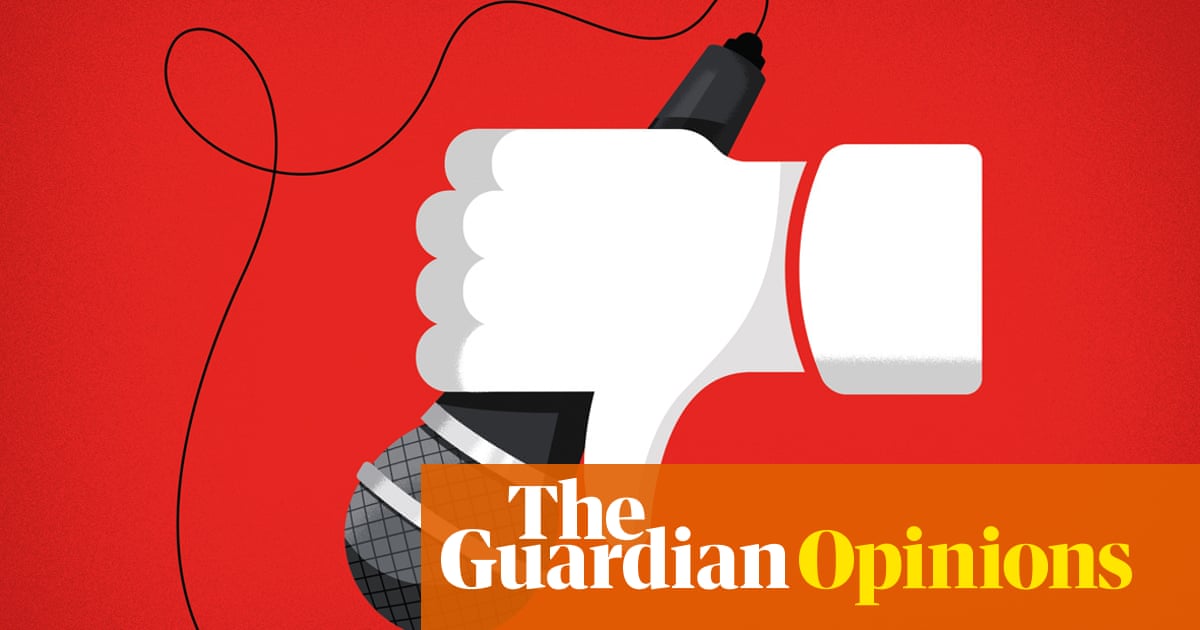South Korea’s opposition has accused the ruling party of staging a “second coup” by refusing to impeach the president, Yoon Suk Yeol, over his botched declaration of martial law last week.
Yoon’s attempt to end civilian rule on Tuesday lasted just six hours after lawmakers scuffled with soldiers in the parliament building before voting to lift the order.
“This is an unlawful, unconstitutional act of a second insurrection and a second coup,” said Park Chan-dae, the floor leader of the opposition Democratic party, referring to a boycott of the impeachment vote by the ruling People Power party (PPP) and its desperate attempts to keep Yoon in office.
Under South Korea’s constitution, the president remains as head of the government and commander-in-chief of the army unless he or she is incapacitated or resigns.
But senior PPP politicians have claimed Yoon can continue as president while delegating his powers to the prime minister – an arrangement Park described as a “blatant constitutional violation with no legal basis”. Opposition parties have vowed to introduce another impeachment motion this week.
South Korea’s Yonhap news agency reported on Monday that prosecutors had “booked” Yoon – a process that involves formally naming subjects of a criminal investigation. Police are reportedly considering placing an overseas travel ban on Yoon while they investigate his botched attempt to impose martial law.
On Saturday, Yoon apologised for his short-lived attempt to impose martial law and promised to face any legal or political consequences, hours before parliament was due to vote on his impeachment. Yoon said he was “very sorry” for the decision, which he said was born of desperation, and promised not to attempt to impose martial law a second time.
Three opposition parties filed a complaint against Yoon, his former defence minister Kim Yong-hyun and martial law commander Park An-su, accusing them of insurrection. The crime of leading an insurrection is punishable by death or life imprisonment.
Kim, who offered his resignation on Wednesday, was seen as a central figure in Tuesday’s brief martial law declaration. A senior military official and filings to impeach Yoon by opposition members said Kim had made the proposal to Yoon.
The sabotaging of Saturday night’s vote in the national assembly has led to political gridlock and uncertainty over who is in day-to-day control of South Korea – Asia’s fourth-biggest economy and a key US ally.
The leader of the PPP, Han Dong-hoon, said at the weekend that Yoon would not be involved in foreign and other state affairs, with control of the administration shifting to the prime minister, Han Duck-soo.
Han said Yoon’s televised apology was effectively a promise to leave office early.
But Woo Won-shik, the national assembly speaker and Democratic party MP, said delegating presidential authority to the prime minister and the ruling party without first impeaching Yoon was unconstitutional.
On Monday, the defence ministry created further confusion when it said that Yoon was still commander-in-chief of the South Korean military.
Han Duck-soo said the government would do its best to “maintain trust with our allies” – a reference to the US and Japan – while experts warned that continued uncertainty could threaten regional stability.
“Leaders in Russia, China, and especially North Korea, are likely watching the political turmoil in South Korea with glee, sensing a geopolitical advantage,” said Leif-Eric Easley, a professor at Ewha University in Seoul. “North Korea will probably take a wait-and-see approach toward these events, but it cannot be ruled out that Pyongyang will attempt to exploit divisions in Seoul.”
In an effort to reassure the public, multiple military leaders, including the acting defence minister, have said they would defy any orders to impose another round of martial law.

.png) 1 month ago
12
1 month ago
12













































